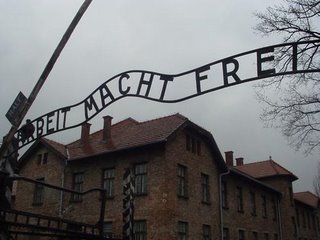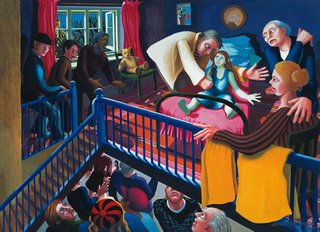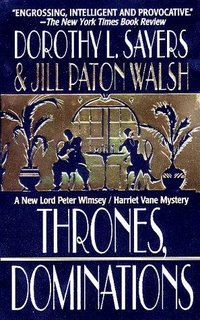 The First World War broke out in August of 1914. Many rushed to war almost gleefully, confident in victory for their particular side. Many thought the war would be over by Christmas. But when Christmas came the war was still young. It would last another four years and claim the lives of some 8 million soldiers before it was through.
The First World War broke out in August of 1914. Many rushed to war almost gleefully, confident in victory for their particular side. Many thought the war would be over by Christmas. But when Christmas came the war was still young. It would last another four years and claim the lives of some 8 million soldiers before it was through.In the midst of this bloodshed, though, a remarkable thing happened. In many places along the Western Front, particularly where the British and the Germans faced each other, unofficial Christmas truces were made in 1914. And here, for a brief few hours, the killing ceased.
Instead of firing bullets at each other, the mortal enemies sang Christmas carols to one another on Christmas Eve. German soldiers even decorated their trenches with candles and with Christmas Trees — tannebaum, they called them. On Christmas morning, soldiers from both sides met in no man’s land and exchanged what gifts they had: buttons and medals, candy and tobacco and liquor. Soldiers who had once been barbers gave free haircuts. One German soldier who had been a juggler in happier times gave a performance in no man’s land.
Here is how one German officer (Leutenant Johannes Niemann, 133rd Royal Saxon Regiment) described the truce:
“Next morning the mist was slow to clear and suddenly my orderly threw himself into my dugout to say that both the German and Scottish soldiers had come out of their trenches and were fraternising along the front. I grabbed my binoculars and looking cautiously over the parapet saw the incredible sight of our soldiers exchanging cigarettes, schnapps and chocolate with the enemy. Later a Scottish soldier appeared with a football which seemed to come from nowhere and a few minutes later a real football match got underway. The Scots marked their goal mouth with their strange caps and we did the same with ours. It was far from easy to play on the frozen ground, but we continued, keeping rigorously to the rules, despite the fact that it only lasted an hour and that we had no referee. A great many of the passes went wide, but all the amateur footballers, although they must have been very tired, played with huge enthusiasm. … The game finished with a score of three goals to two in favour of Fritz against Tommy.”
And here is how a British counterpart (Second Lieutenant Cyril Drummond, 135th Battery, Royal Field Artillery) described it:
“In the sunken road I met an officer I knew, and we walked along together so that we could look across to the German front line, which was only about seventy yards away. One of the Germans waved to us and said, ‘Come over here!’ We said, ‘You come over here if you want to talk.’ So he climbed out of his trench and came over towards us. We met and very gravely saluted each other. He was joined by more Germans, and some of the Dublin Fusiliers from our own trenches came over to join us. No German officer came out, it was only the ordinary soldiers. We talked, mainly in French, because my German was not very good and none of the Germans could speak English well. But we managed to get together all right. One of them said, ‘We don’t want to kill you and you don’t want to kill us, so why shoot?’
“They gave me some German tobacco and German cigars - they seemed to have plenty of those, and very good ones too — and they asked whether we had any jam. One of the Dublin Fusiliers got a tin of jam which had been opened, but very little taken out, and he gave it to a German who gave him two cigars for it. I lined them all up and took a photograph.”
The goodwill between enemies was only temporary. In a matter of days they were back to the grim business of trying to blow one another apart. But for a few brief hours, the influence of the Prince of Peace had been felt.
(Drawing by Bruce Bairnsfather, 1914. The above quotations, and others, are available here.)














